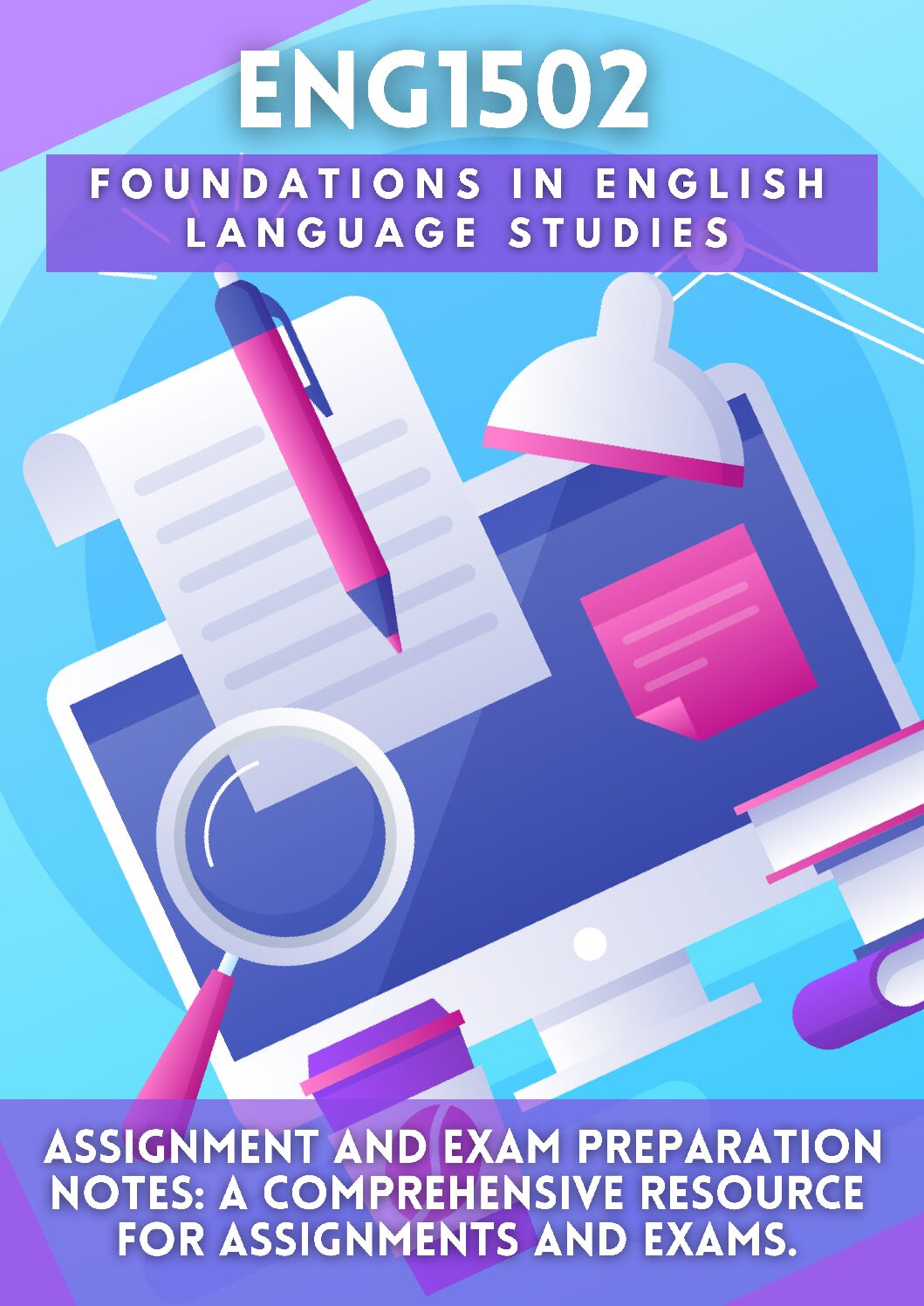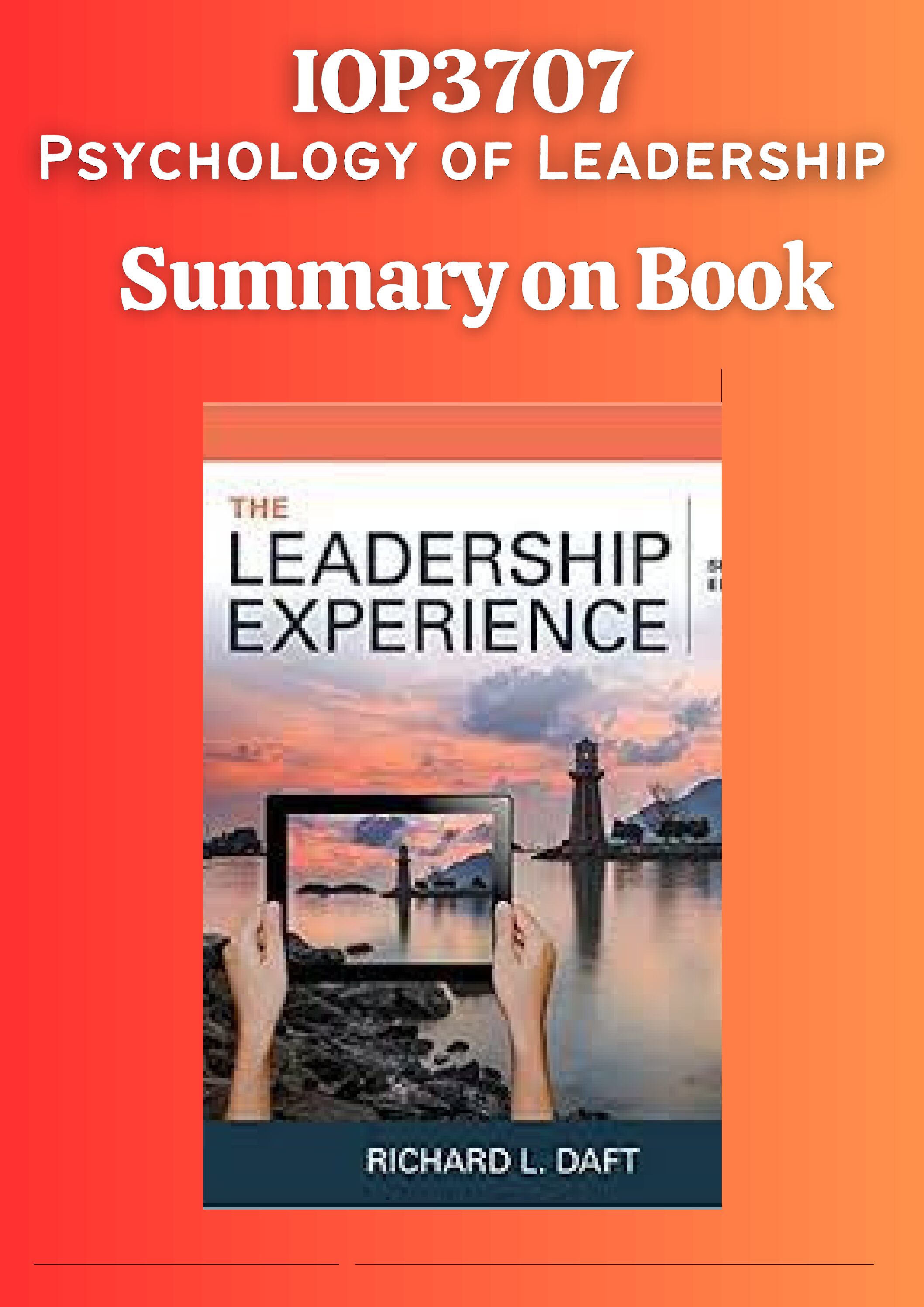Description
LSP1501 ASSESSMENT 3
1.1 Two ways music is incorporated into daily lives with activities:
- Cultural Celebrations: Music is integral to events like birthdays, weddings, and festivals. For example, singing “Happy Birthday” or traditional songs during cultural rituals.
- Daily Routines: Parents use lullabies to soothe infants, and teachers incorporate action songs (e.g., “Head, Shoulders, Knees, and Toes”) to transition between activities in the classroom.
1.2 Influence of music on children’s mood:
Music regulates emotions by calming children (e.g., soft melodies during nap time) or energizing them (e.g., upbeat rhythms during play). It helps express feelings they cannot yet verbalize, fostering emotional resilience.
1.3 Two benefits of music in holistic development:
- Cognitive Growth: Music enhances memory (e.g., memorizing song lyrics) and language skills (e.g., phonological awareness through rhyming).
- Social-Emotional Development: Group activities like choir singing teach cooperation, turn-taking, and empathy, building interpersonal skills.












Reviews
There are no reviews yet.